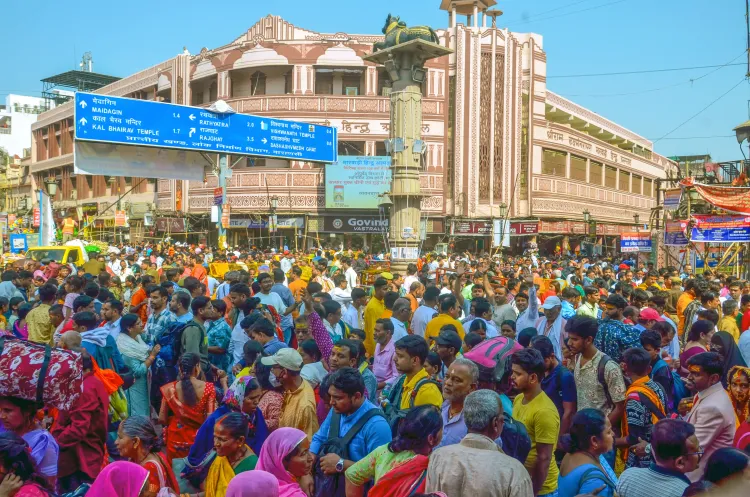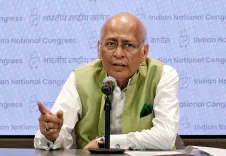Government Warns Public About Online Booking Scams Targeting Pilgrims

Synopsis
Key Takeaways
- Beware of online booking frauds targeting pilgrims.
- Scams often involve fake websites and social media accounts.
- Always verify the authenticity of booking platforms.
- Use official government portals or trusted travel agencies.
- Report suspicious activities through the National Cybercrime Reporting Portal.
New Delhi, April 19 (NationPress) The government has issued a warning to the public concerning online booking frauds, particularly those aimed at pilgrims and tourists throughout the nation.
The Indian Cyber Crime Coordination Centre (I4C), operating under the Ministry of Home Affairs, indicated that these scams are being carried out through fraudulent websites, misleading social media accounts, Facebook posts, and paid ads on search engines like Google.
These fraudulent activities involve the establishment of professional-looking yet fake websites and social media profiles, along with WhatsApp accounts that offer services such as: helicopter bookings for Kedarnath and Chaar Dhaam; guest house and hotel reservations for pilgrims; online taxi or cab service bookings; and holiday packages along with religious tours.
“Many unsuspecting individuals, after processing payments through these platforms, often find themselves deceived when they receive no confirmation or service, and the contact numbers become unreachable,” the I4C stated.
The public is urged to exercise extreme vigilance. Always authenticate the legitimacy of websites before proceeding with any payments.
“Always verify before clicking on ‘sponsored' or unfamiliar links on Google, Facebook, or WhatsApp. Confirm bookings solely through official government sites or reputable travel agencies,” advised the national cyber center.
To combat these scams, the Indian Cybercrime Coordination Centre is employing a multi-faceted approach. Scam Signals are being regularly shared with IT intermediaries such as Google, WhatsApp, and Facebook for early detection.
Cybercrime hotspots are being pinpointed, and states/UTs are being educated, while access to fake websites/ads and impersonating social media accounts is being restricted to safeguard citizens.
“A user-friendly suspect checking and reporting feature has been developed on the National Cybercrime Reporting Portal to aid in smooth reporting,” according to the I4C.
In the meantime, to avert the misuse of telecom resources for cybercrime and financial frauds, the systems implemented by the I4C have successfully diminished nearly 97 percent of incoming spoofed calls.
The Department of Telecommunications (DoT) has created a secure online Digital Intelligence Platform (DIP) for sharing information regarding the misuse of telecom resources among stakeholders, aimed at preventing the exploitation of telecom resources for cybercrime and financial frauds.






